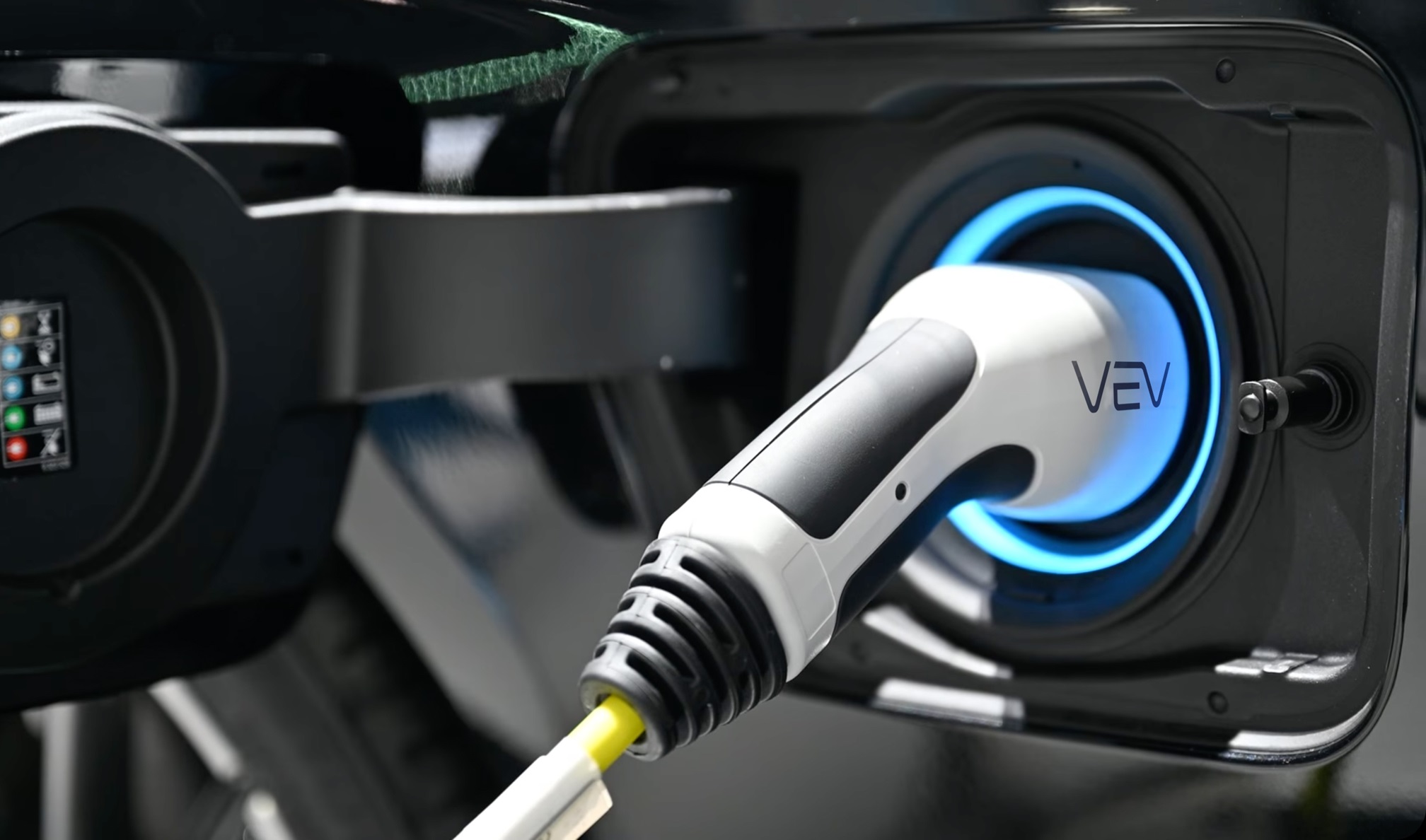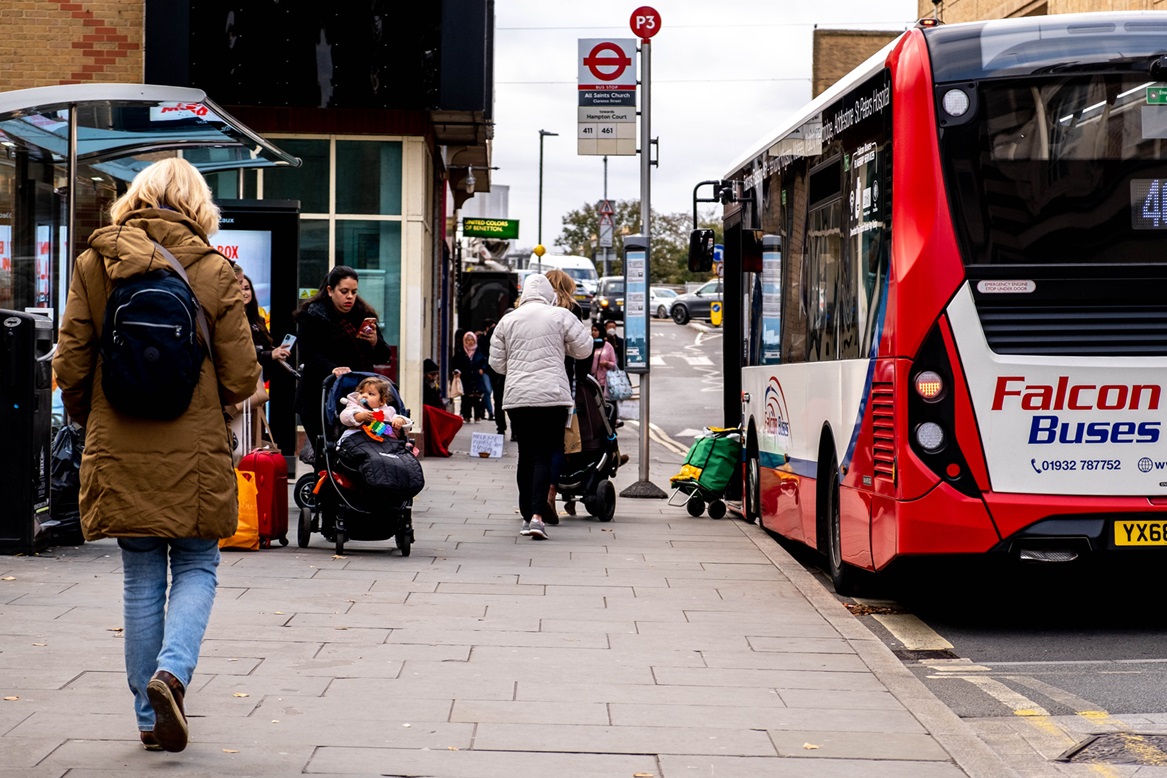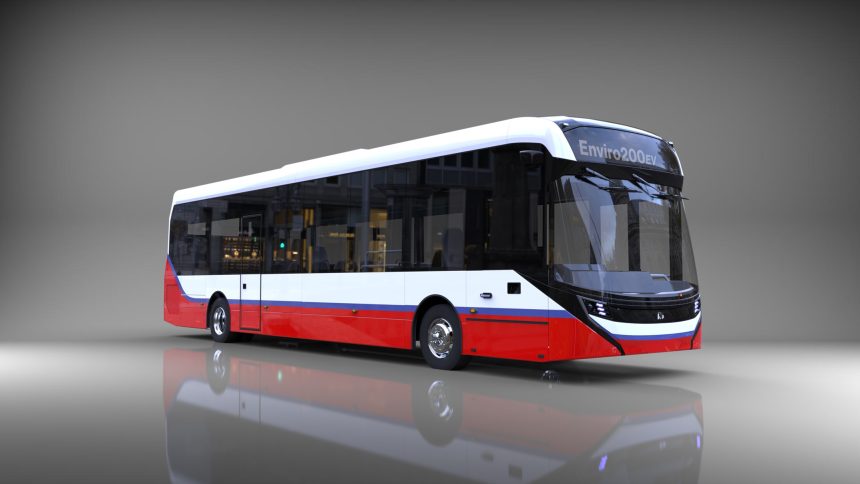The UK has tough targets for decarbonisation, and the bus sector will play a significant part in that, believes VEV CEO Mike Nakrani – if funding to help that shift continues to be made available
In targeting an 81% cut in emissions compared to 1990 levels, the government set the country on a course to an ambitious mission. And the huge role that the transport industry needs to plan in realising it is clear.
Government figures show that in 2023, the domestic transport sector was responsible for 29.1% of all greenhouse gas emissions. That made it the single largest contributor in the country.
The picture for businesses and local authorities needing to bring their emissions down is just as stark, with research from CDP showing that 20% of scope 3 emissions come from transport alone.
This is a challenge that has struck a chord with the country’s councils. Over 300 in England have declared climate emergencies, and that number is rising.
Given the fact that these local authorities can affect more than 80% of carbon emissions in their area*, it is encouraging to see them placing bus service electrification firmly in their sights. While there are around 32,000 buses in the UK, almost 4,000 are now fully electric.
Clearly, then, some good progress is being made. Nevertheless, there is more to do, and a great opportunity for independent bus operators – both large and small – to get ahead of the decarbonisation curve (together with their business and brand) is by embarking on the electrification journey.

To make that happen, independent operators across the country will need financial support to electrify successfully.
Funding programmes such as the first and second rounds of the Zero Emission Bus Regional Areas scheme in England and the Scottish Zero Emission Bus approach have proved that with the right support, the coach and bus industry can lead the charge in electrification and decarbonisation.
Now, we are calling for further steps to be taken to make that funding more widely accessible for local authorities working with SME operators. Those are often the providers least able to secure the capital, and yet so many form the backbone of local services across the country and present a real opportunity to make a big impact in high-emitting regions.
The upfront costs of make funding mission-critical for SME operators in executing their electrification strategies. Take depot and grid upgrades, for example. Not only can they take years to secure, but they can also cost into the millions – an often-untenable proposition for these businesses.
At VEV, we have seen the importance of this first-hand, with SME operators like our customer Falcon Buses in Surrey. We supported it in developing a solid electrification business case with power consultancy and a grid upgrade of 1.5MVA to the power-constrained site.
The power requirement assessment is critical to determine the best power strategy, which may include a microgrid from solar panels and battery storage to reduce demand on the national grid.
We use powerful data science capabilities to model a fleet’s requirements and to test scenarios. There are also efficiencies to be had from reviewing power supply tariffs; for example, taking advantage of time of use tariffs.
Surrey County Council is supporting Falcon Buses from the £32 million funding it committed to accelerate the introduction of zero-emission buses into the county. Falcon will have 13 latest-generation Alexander Dennis Enviro200EV battery-electric vehicles delivered next year. They are forecast to help to reduce carbon emissions by 10,454 tonnes over the buses’ lifetime.
Falcon is also futureproofing its West Byfleet depot with power and space capacity for up to 35 electric buses. That is how impactfully and quickly an operator can electrify its offering, once there is a route to funding.

Effective operational management of an electric fleet is critical – not only to ensure that vehicles are on the road when they should be, but also to protect and deliver on the investment.
That requires digitalisation and the use of data including from power sources, charging infrastructure, and vehicles. It is about making relatively small refinements across fleet operations to deliver efficiency gains and cost reductions.
Having the right data insights to optimise efficiency and cost control of an EV fleet will determine success or failure in terms of performance. Our digital platform is VEV-IQ; the days of fuel cards and spreadsheets are falling into history.
Local authorities and bus operators across the UK have a duty to provide efficient, clean transport services. As demonstrated in Surrey, with the right level of support, transformation into a futureproofed, fit-for-purpose offering for communities and residents is absolutely possible.
New legislation last year providing more powers for local transport authorities in England was a positive step. When those bodies can control where and when buses run, they can prioritise electrification in a way that makes sense for their specific communities.
* Local Government Association, Council leaders call on government to back local climate action, October 2023.



























